You're sitting in the office, the person across from you coughs, and a few days later you're in bed too. Almost everyone has experienced this. The good news? It can be prevented with the right measures. Your immune system can be trained, just like a muscle.
The most important things in brief
Zinc & Vitamin C : If taken early, the duration of a cold can be shortened by up to 33%.
Sleep is golden: People who get enough sleep are 3 times less likely to catch a cold.
Nutrition trains the immune system: Garlic, ginger, and fermented foods strengthen your immune system sustainably.
Exercise acts like immune training: 30 minutes of moderate activity daily increases immune cell circulation.
Vitamin D in winter: A deficiency of this "sunshine vitamin" increases the rate of colds by up to 40%.
How does your immune system actually work?
Before discussing prevention, it's important to understand how your body protects itself from viruses and bacteria. Your immune system works like a multi-layered security team (1).
- First line: skin, mucous membranes and stomach acid (physical barriers)
- Second line: White blood cells that work like patrols.
- Third line: Antibodies that "recognize" and fight specific enemies
If your immune system is weakened, pathogens can easily break through these barriers. The solution is obvious: you need to train your immune system.
Fast-acting cold remedies: What works immediately?
When the first symptoms appear, every hour counts. There are measures that work quickly if you use them correctly.
Zinc: The quick remedy at the first signs
The research is clear: Zinc can shorten the duration of a cold by up to 33%, but only if you take it early enough (2).
Here's how it works: Zinc blocks the multiplication of cold viruses and simultaneously strengthens your immune cells (3). Therefore, you should start supplementing at the first sign of a scratchy throat.

Vitamin C: The helper against colds
Many people immediately think of vitamin C when they have a cold, and for good reason. Research shows (4, 5):
- Regular intake reduces the risk of catching a cold by about 8-14%.
- If a cold is already present, the duration can be shortened by 1-2 days.
Here is the right strategy:
Take it not only when needed, but also preventively. 200 mg per day is sufficient. Significantly higher doses offer no additional benefit, as the body simply excretes any unused vitamin C.
Best sources:
Additional tip: If your diet has gaps in your nutrient supply, high-dose vitamin C supplements can be a useful way to support your natural defenses.
Ginger and honey: The natural cold killers
This combination is not an old wives' tale – science confirms the effect (6,7).
Ginger works on several levels:
- Anti-inflammatory: Suppresses the multiplication of viruses
- Pain-relieving: Effectively helps against sore throats
- Warming: Promotes blood circulation in the body
Honey for colds (8):
- Relieves coughs
- It has antibacterial and antiviral properties.
- A teaspoon of honey before bed or in tea is usually enough.

Strengthening the immune system in the long term
1. Sleep: The underestimated immune booster
Most people underestimate how valuable sleep is for the immune system. Research shows (9, 10):
- People with chronic sleep deprivation are 3 times more likely to catch a cold.
- Even one night with less than 5 hours of sleep weakens the immune system by up to 30%.
Your ideal sleep setup:
- 7–9 hours per night
- Regular bedtime (also on weekends)
- Room: Dark, cool (approx. 18 °C), quiet
- 1 hour before bedtime: Put your phone away
- Melatonin supports the natural process of falling asleep.
Your body builds up immune cells during deep sleep . Poor sleep = poorly trained immune system.
2. Nutrition: Superfoods for a strong immune system
You are what you eat – this is especially relevant for the immune system (11).
| Groceries | Active ingredient | effect |
| Garlic | Allicin | Antibacterial, antiviral |
| onions | Quercetin | Anti-inflammatory |
| broccoli | Sulforaphan | Strengthens immune cells |
|
Fermented foods |
Probiotics | Strengthen gut flora (70% of the immune system!) |
| Berries | Anthocyanins | Antioxidant |
| Nuts | Selenium, zinc | Basic building blocks of defense |
3. Movement: Natural Defense Training
Regular exercise is like a training program for your immune cells (12).
The optimal strategy:
- 30 minutes of moderate exercise, 5 times a week (brisk walking, jogging, cycling)
- Don't train too intensely (overtraining weakens the defense!)
- Regularity beats intensity
The science behind it: Exercise increases the circulation of immune cells. This means that more immune cells patrol your body and can recognize and fight viruses more quickly. Even a 30-minute walk in the fresh air counts. Another benefit is that UV radiation promotes vitamin D production, even in winter.

4. Vitamin D: The sunshine vitamin
Vitamin D is not only responsible for bones – it is a true immune system regulator (13, 14).
The problem: In winter, your body produces 80% less vitamin D because fewer sun rays reach your skin.
As a result, the incidence of colds increases by up to 40% (15). Therefore, it is advisable to consume 1000–2000 IU of vitamin D daily during the winter months. You should also still spend plenty of time outdoors to soak up as much sun as possible.
5. Stress reduction: The forgotten secret of the immune system
Chronic stress is a real immune system killer (16). Why? Persistent stress leads to increased cortisol, which systematically weakens the immune system (17). Therefore, you should focus on effective stress reduction methods:
- Meditation : Just 10 minutes a day can reduce stress markers by up to 40% (18)
- Breathing techniques : 5 minutes of abdominal breathing acts like a reset button.
- Yoga : Perfectly combines movement and relaxation
- Time in nature : Even 20 minutes in nature measurably reduces stress hormones
The easiest way to start : Take 5 minutes each morning before getting up to breathe deeply and start the day relaxed, and in the afternoon consciously go for a short walk or start a guided meditation.




![Zinc Capsules [Zinc Bisglycinate]](http://cellavent.de/cdn/shop/files/CH_essentials-zink-kapseln-Produktbilder_2025.png?v=1760952204&width=104)
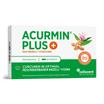
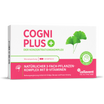
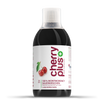

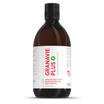
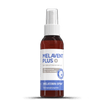
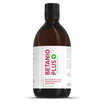
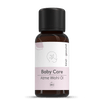

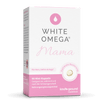
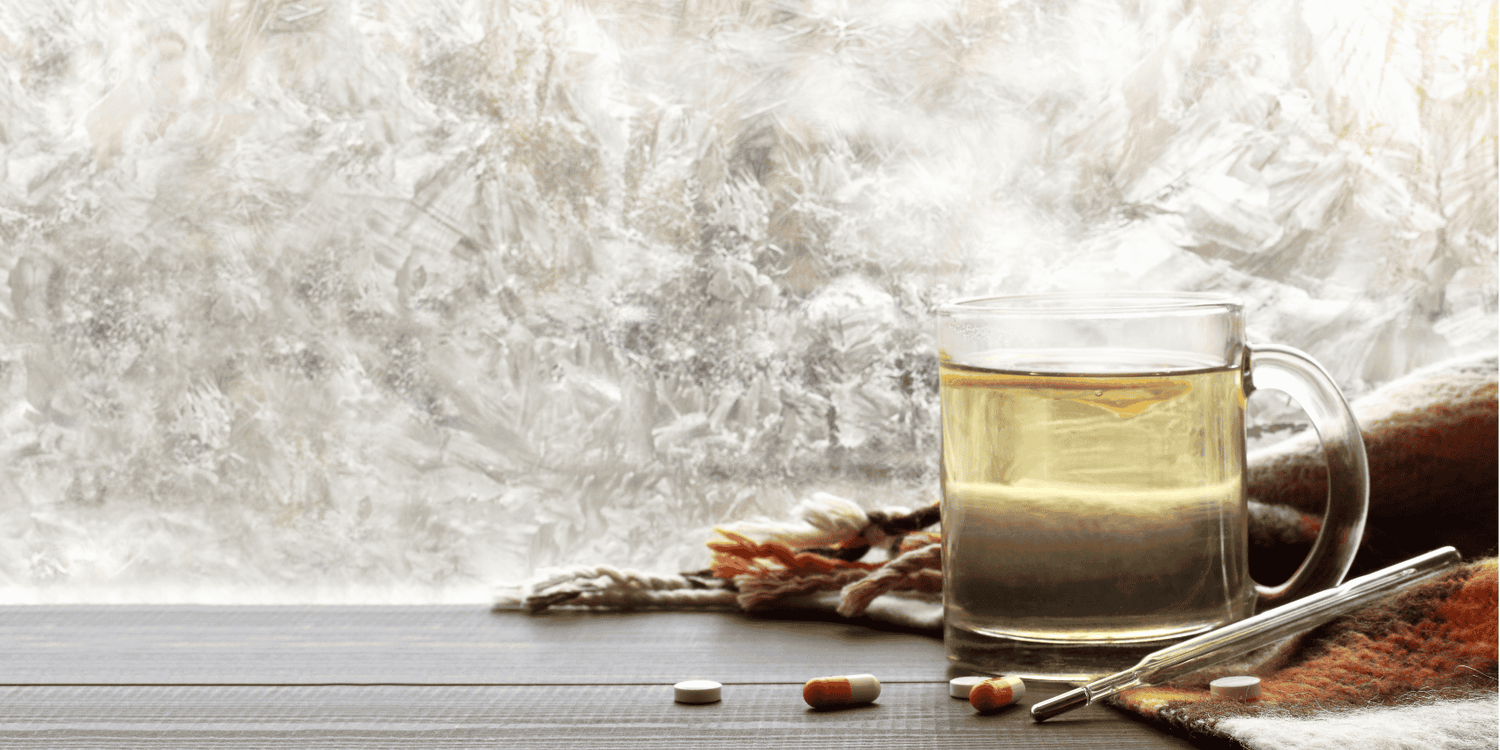
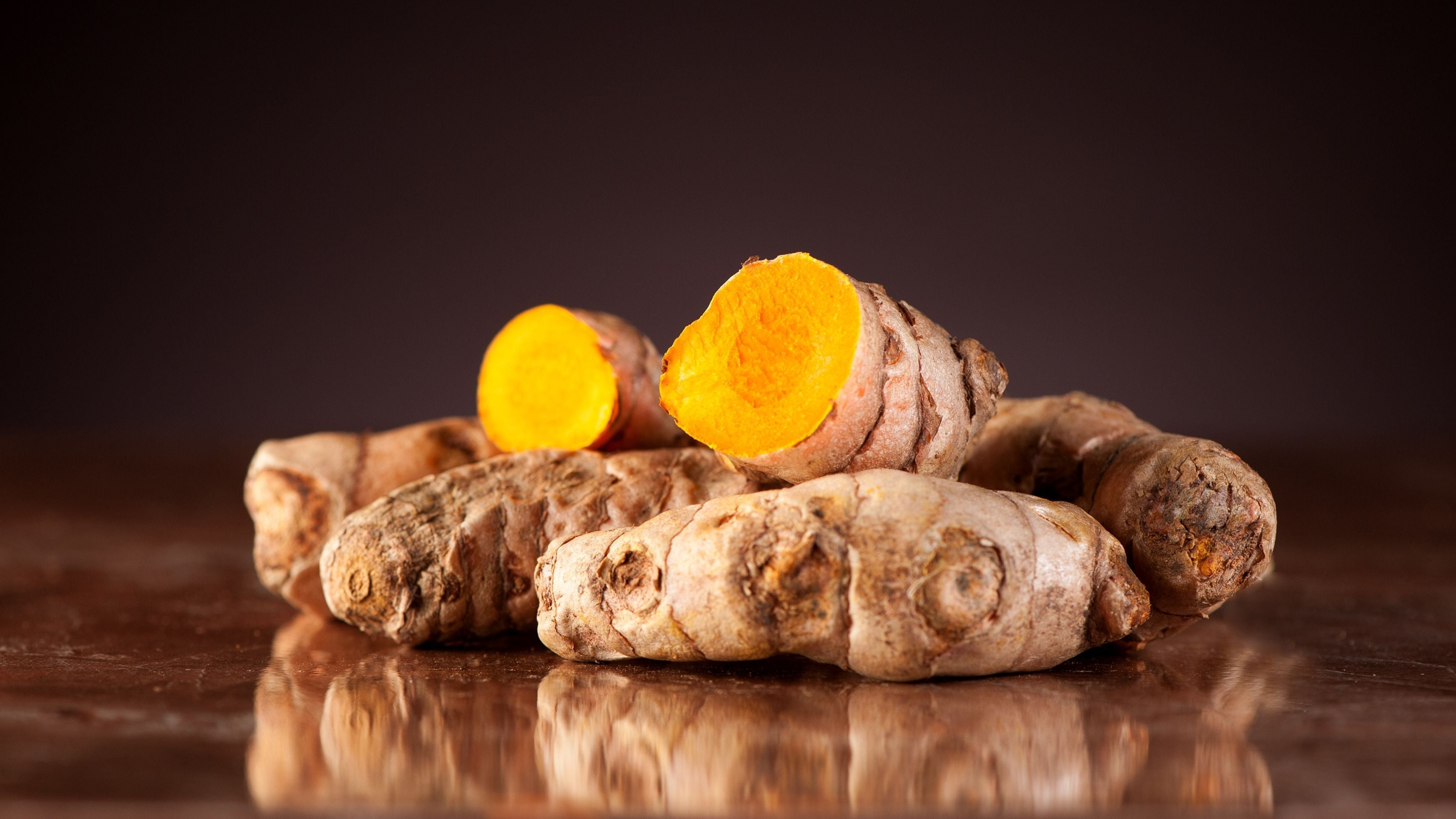
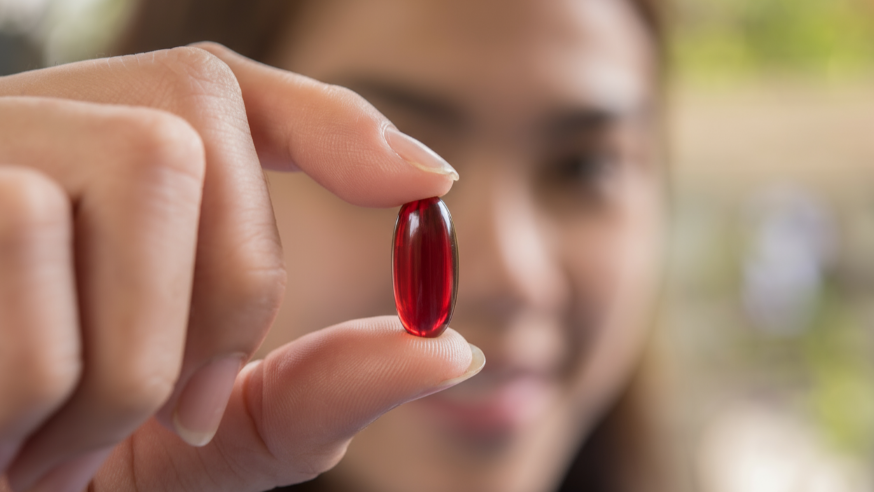
Leave a comment
This site is protected by hCaptcha and the hCaptcha Privacy Policy and Terms of Service apply.